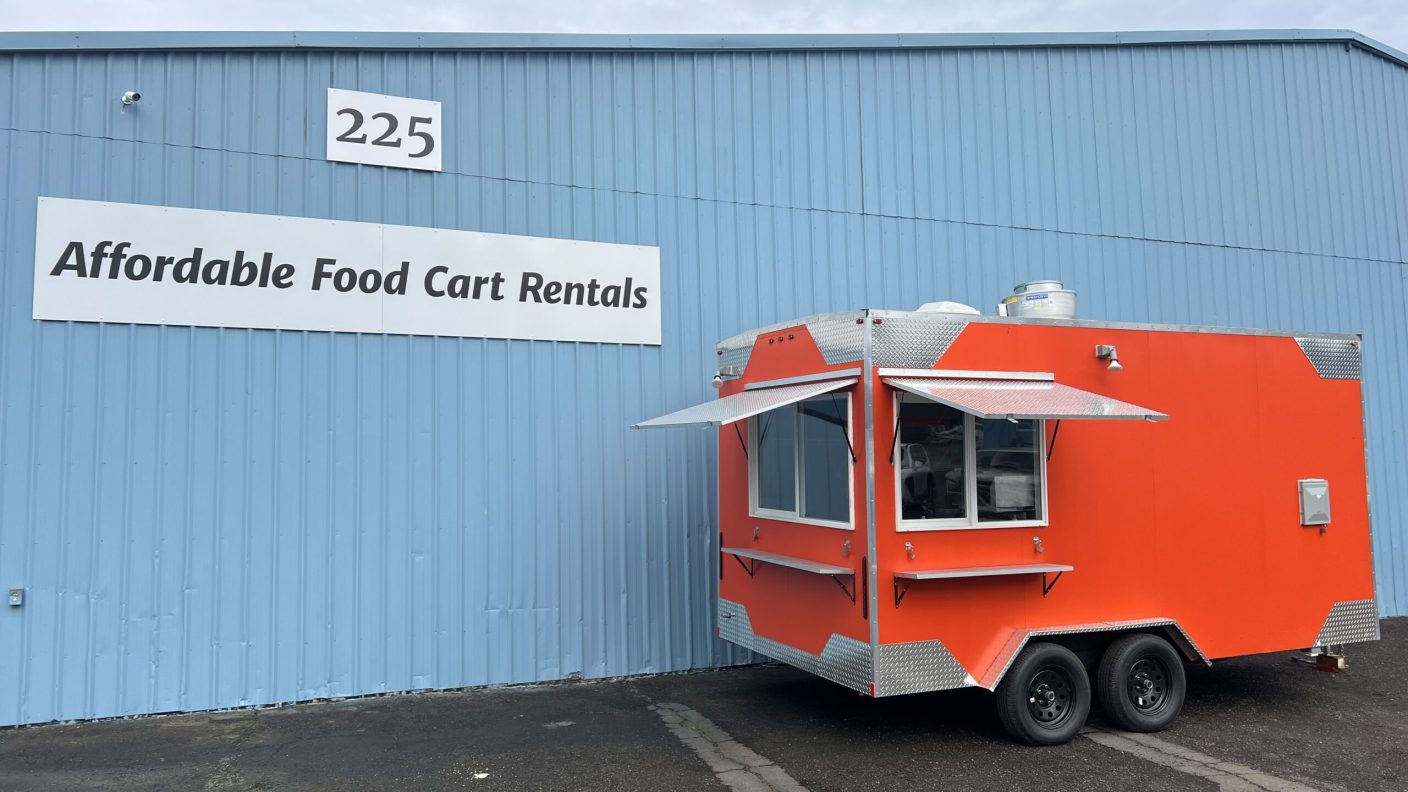Mobile Food Network
START YOUR FOOD TRUCK BUSINESS
Turn your food dream into reality with step-by-step guidance and expert support.
Welcome Future Foodpreneurs!
Whether you're just getting started or ready to launch, the Mobile Food Network is here to guide you through every phase of your mobile food journey. From concept and permits to equipment and promotion—we’ve got you covered.
How to Get Started?
1. PLAN YOUR BUSINESS
Define your concept, budget, and goals. We offer templates and one-on-one coaching to help you craft your vision.
2. LICENSING & PERMITS
Get help understanding local regulations, applying for licenses, and passing inspections.
3. CHOOSE YOUR FOOD TRUCK/TRAILER
Explore cart options, connect with trusted builders, decide to lease or buy a food trailer, and learn what setup is right for your menu and budget.
4. FIND A LOCATION
Join a food cart pod, get listed for local events, or find high-traffic zones to park your mobile kitchen.
5. MARKET YOUR BRAND
Create a memorable brand, design your menu, and learn how to attract customers on social media and in person.
6. PROTECT & FUND YOUR BUSINESS
Access referrals for food business insurance and explore micro-grants and vendor startup loans.
Our Startup Support Services
-
Permit application walkthroughs
-
Truck/trailer design referrals
-
Marketing and branding support
-
Training sessions and vendor workshops
-
Connections to food cart pods and events
Startup Resources
Download guides and tools to help you launch faster and smarter.
🚚 Partner Spotlight: Affordable Food Cart Rentals, LLC

Starting your mobile food business? Affordable Food Cart Rentals is our trusted partner in custom food truck and trailer fabrication. They specialize in crafting high-quality, fully equipped mobile kitchens tailored to your needs and local compliance standards.Visit out partner's website to know more. Click here
Mobile Food Vendor Resource Guide
Check out the requirements for your state or county here. You can find essential permits, official contacts, and compliance guidelines to ensure proper adherence to local health and safety standards. Simply click on your state to learn more.
Ready to Get Started?
"Ready to launch your food business? Get started now and bring your vision to life!"
Requirements vary by city, but typically you’ll need a business license, food handler’s permit, health department approval, and possibly a mobile food vendor permit. You may also need fire inspections and commissary agreements. Always check with your local health and licensing departments.
Location rules vary by city. You may operate in food truck pods, special event zones, private properties with permission, or designated public areas. Always confirm zoning laws and permitted locations with your local authorities.
Yes, in most cities you are required to use a licensed commissary kitchen to store and prepare food, clean equipment, and park your vehicle overnight. Some cities do allow self-contained setups, but rules vary.
You’ll need general liability insurance, vehicle insurance (for trucks), and workers' compensation if you hire staff. Product liability insurance is also highly recommended to protect against claims related to your food.
